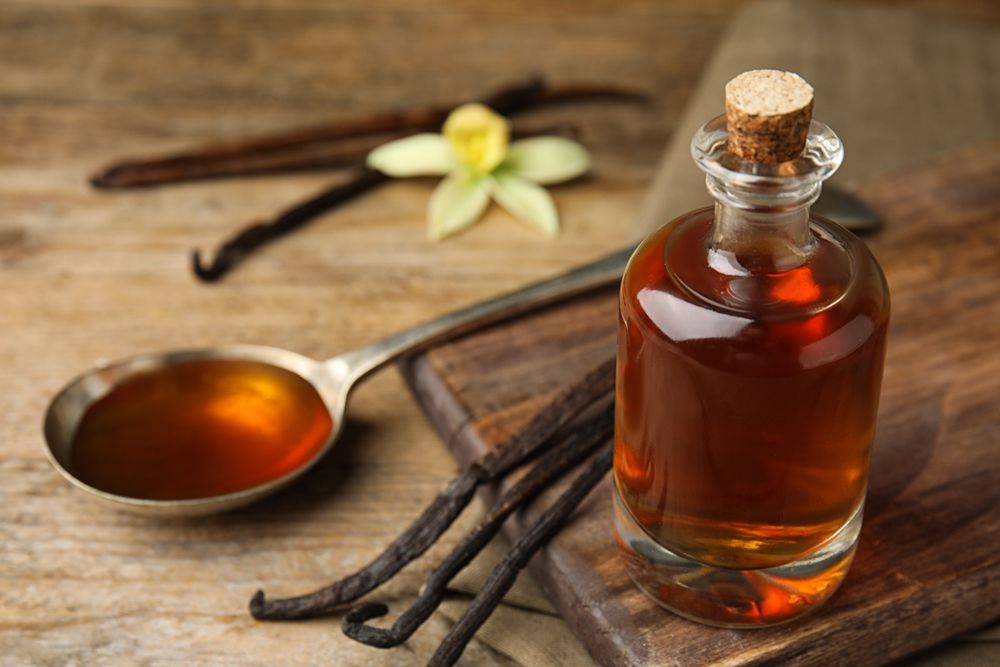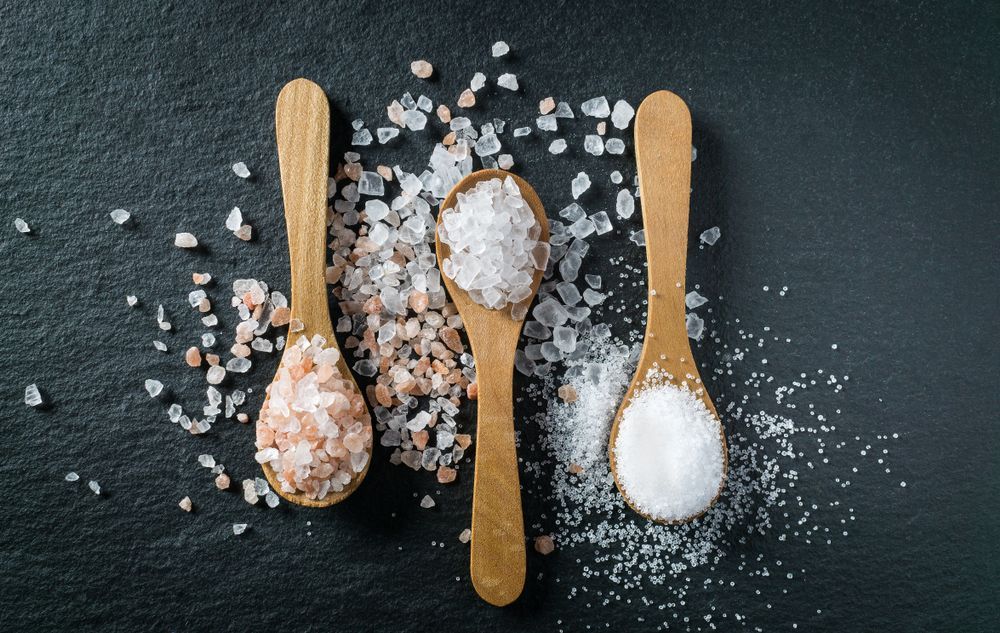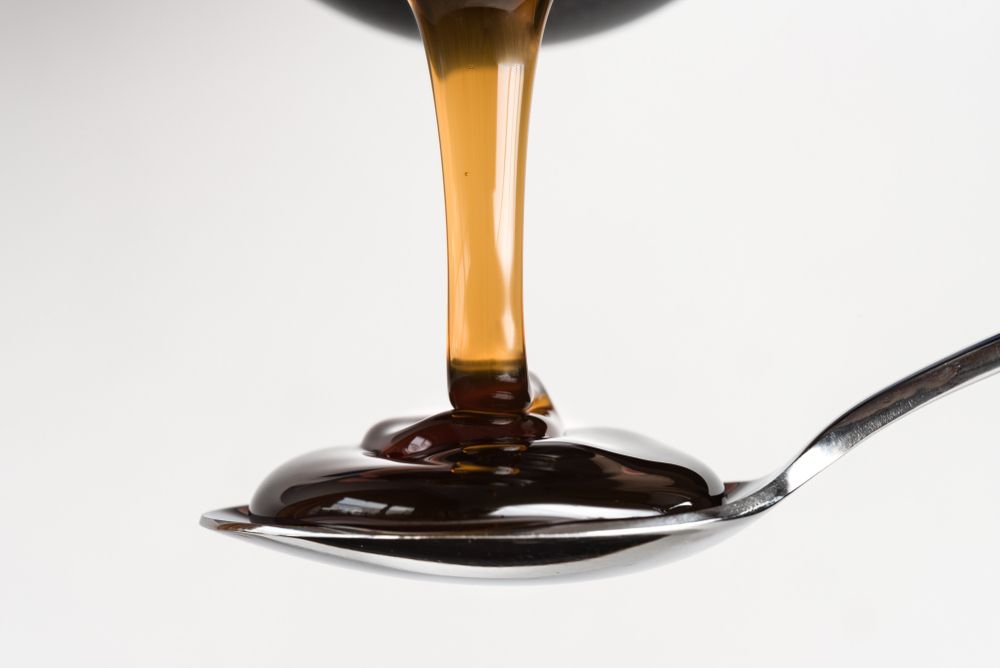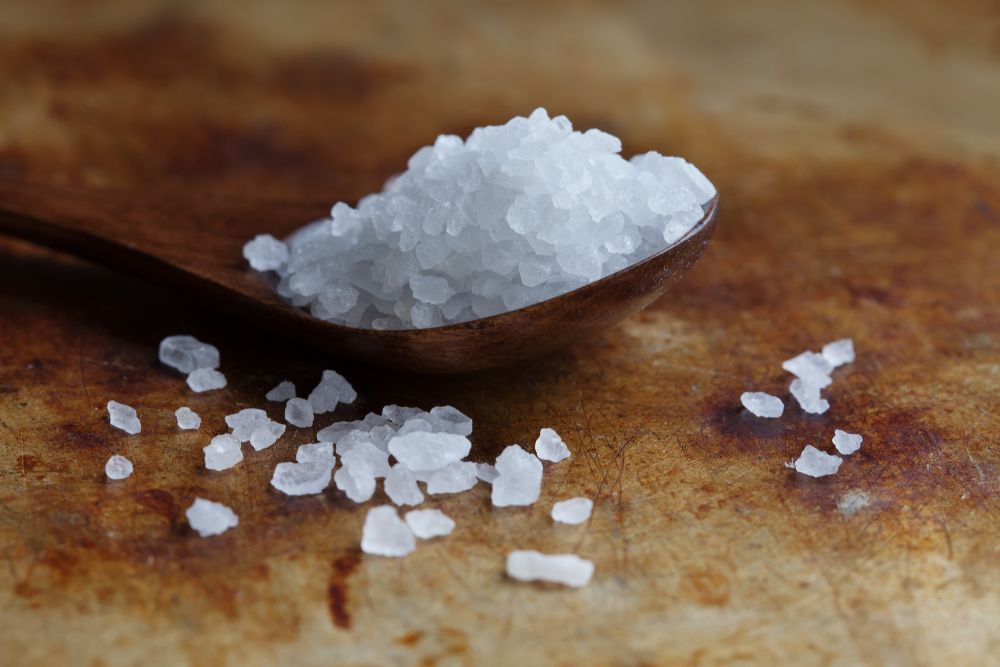Emulsion vs Extract: Key Differences to Know for Baking

No matter if you're trying to make a show-stopping dessert or a healthier alternative, flavor is the one thing any baker should refuse to sacrifice. While you can always add syrups, sugars, salts, and spices to your recipes, adding flavor to any baked good is easier than ever with the help of extracts and emulsions. We will detail the two methods, the differences between them, and how they are used in baking.
What is Emulsion in Baking?
Most folks know that water and oil do not mix, except when placed into an emulsion. Emulsions are made by suspending oil in water; in this case, by suspending flavored oil in water by using vegetable gum as the emulsifier. The result is a thicker, gooey emulsion with a highly concentrated flavor. You may be less familiar with emulsions, but hundreds of flavor emulsions exist on the market today, where only your imagination prevents you from creating unique flavors.
What is Extract in Baking?
Alcohol is an excellent and popular flavor solvent used in extracts. You will likely already be familiar with vanilla extracts sold in any grocery store. Alcohol helps preserve the flavor for long periods of time, so you can store bottles for years at a time as needed since only a small amount of extract is needed for recipes.
Emulsion vs Extract: Key Differences
When it comes to baking, understanding the difference between emulsions and extracts can help you choose the right ingredient for your recipe. Both are used to enhance flavor, but they work in distinct ways. While emulsions offer heat-stable, concentrated flavor and can improve texture, extracts provide versatile flavoring that’s ideal for many classic recipes.
A major difference between emulsions and extractions is the base the flavor is diluted in, either alcohol for extracts or water for emulsions. This ultimately affects key characteristics of the products such as heat resistance, potency, consistency, and shelf life.
The flavors within extracts tend to evaporate and dilute slightly once exposed to heat, but its thinner consistency is a bit easier to work with. Since the flavors aren't as strong as with emulsions, some prefer to use them for more control in the final product's taste, so other flavors don't get overpowered.
Emulsions evaporate more slowly when exposed to heat, so essential oils and flavors are retained better in the final product. Keep this in mind when using emulsions, as sometimes the flavor may be too overwhelming if you use too much in your recipe. Because of their clear color, emulsions are preferred for use in the beverage industry. Emulsions tend to be less expensive, which can be handy for bakeries that handle many bulk orders.
Which is Better For Baking?
In the end, both types of flavor enhancers can be handy for any type of recipe for baked goods. Choosing the better option often depends on what flavor you need, the number of baked goods you're looking to produce, and how often you plan on using these products.










